Throughout our lifetime, the average person will spend a staggering 90,000 hours in the workplace. In an increasingly fast-paced and demanding work environment, ensuring the wellbeing of employees is crucial to sustain a healthy and well workforce.
Cleaners encounter demanding working conditions that can affect their wellbeing. Despite playing an essential role, especially highlighted during the COVID-19 lockdowns, the substantial disparity between their contribution and subsequent remuneration can leave them feeling overlooked and undervalued.
Healthy Families Waitākere saw this an opportunity to explore how wellbeing might be prioritised in the cleaning industry. Working alongside several cleaners from five different businesses, Healthy Families Waitākere Systems Innovator Ella Falakoa has been delving deeper into what wellbeing could look like for cleaners. Falakoa explains.
“We’ve had two robust talanoaga (a gathering to share ideas) so far. We’ve found that although there are clear health and safety regulations, wellbeing for the cleaning workforce encompasses more than what those regulations propose. Good communication with managers, knowing you’re doing a good job, solid tuakana/teina (mentoring) relationships, and having a clear pathway into leadership positions are just a few of our findings.”
A key aspect of this mahi has been establishing a trusting relationship with cleaners, Falakoa continues.
“We are asking people to share their honest, heartfelt experiences, which means we’ve had to create a safe space to talanoa (share ideas), built on shared values and mutual respect. As a result, we’ve had some really engaging and authentic conversations.”
Through talanoa, the team have identified emerging themes, including feelings of being looked down upon, no respect for boundaries, and a lack of communication channels to provide feedback.
A member of the talanoaga said that she wants to see more opportunities for cleaners to encourage and support each other, “we should be proud to be cleaners; it’s an important job”.
“As a sector, the cleaning industry needs to be more recognised by WorkSafe and the Ministry of Business Innovation and Employment, leading to more structures, support, guidelines, and resources”, says Falakoa.
The next step for the Healthy Families Waitākere team involves collecting insights from cleaning business owners to gain a comprehensive view of the industry’s landscape.
Healthy Families Waitākere is part of the National Cleaning Service Sector Collective led by Auckland Regional Public Health, where organisations work towards employee-centred initiatives around health, wellbeing and professional development.




